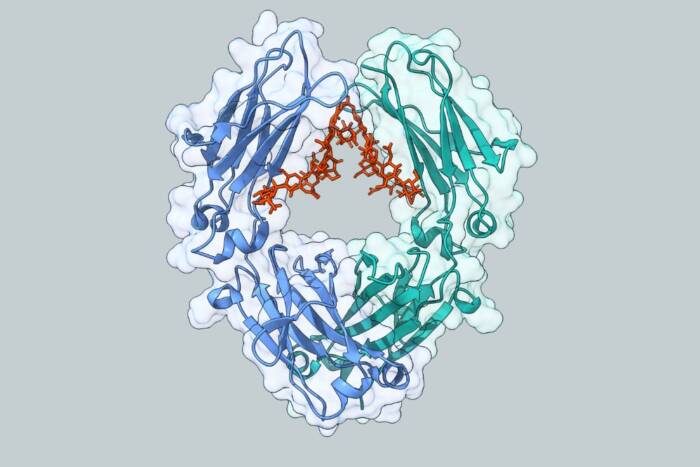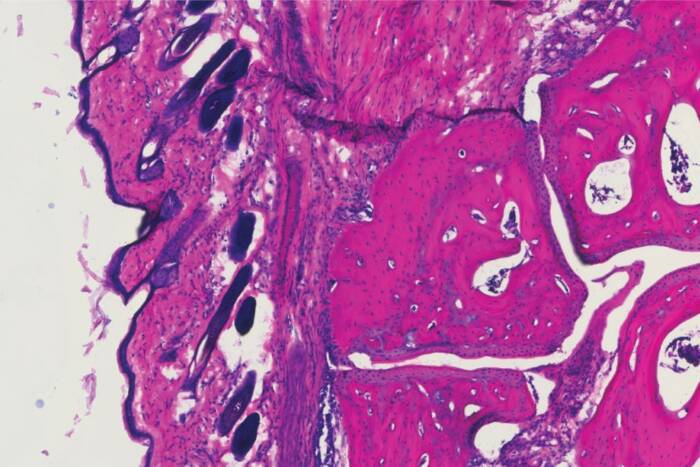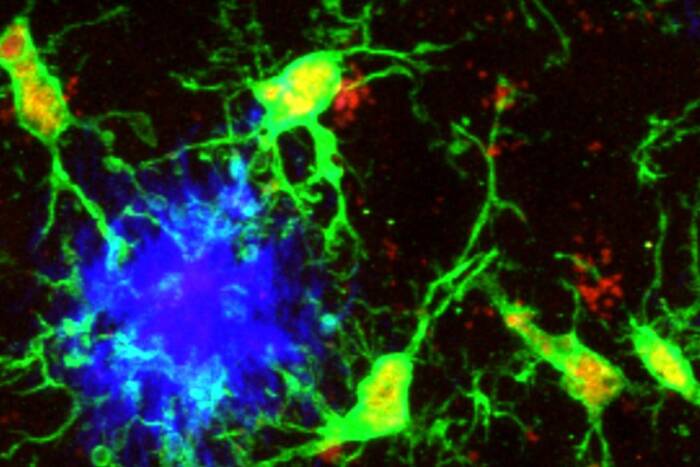Christopher Tinkle*
B.A., The University of Texas, Austin
Dissecting the Functions of Classical Cadherins in Skin
presented by Elaine Fuchs
Chris Tinkle received his B.A. in microbiology from The University of Texas, Austin. He gravitated toward cancer biology at the University of California, San Francisco, where he served as a research technician studying cancer and inflammation. Chris contributed to the major discovery that although mutant oncogenic cells drive the development of cancer, the healthy inflammatory cells that enter the microenvironment to kill the cancer cells can express key factors that influence tumor progression and metastasis.
When Chris entered the MSTP program here, I was fortunate that squamous cell carcinomas of the skin served as the tumor model in his UCSF studies that had sparked Chris’s passion for biomedical research.
In my laboratory, Chris’s rotation project formed the backbone of his thesis project, and he published within his first full year in the lab. Chris tackled the problem of why loss of an intercellular junction protein, E-cadherin, is frequently associated with human cancers and yet in the lactating mammary gland, its loss results in tissue dysfunction and cell death. He uncovered a backup system that epidermal skin cells use to counteract the loss of E-cadherin and survive, and showed that those tissues such as hair cells of the body lack the backup and die. Importantly, Chris discovered that skin hyperplasia, a precancerous state, develops in these mice with age, suggesting that the backup system is not a perfect one. He went on to delve deeper into these mechanisms and published a second paper, highlighted in the Proceedings of the National Academy of Sciences this past year. Chris’s findings, first at UCSF and now at Rockefeller, have helped researchers to understand cancer progression and metastasis, and in the future will be useful in developing new and improved methods for tumor therapy.
On a personal note, Chris was a soft-spoken giant in the laboratory, serving as the most rigorous critic of his own research. However, Chris also coupled this seriousness to a good sense of humor and an ability to let his hair down at the right moments. He’ll make a wonderful physician-scientist with a genuine dedication to cancer biology.



